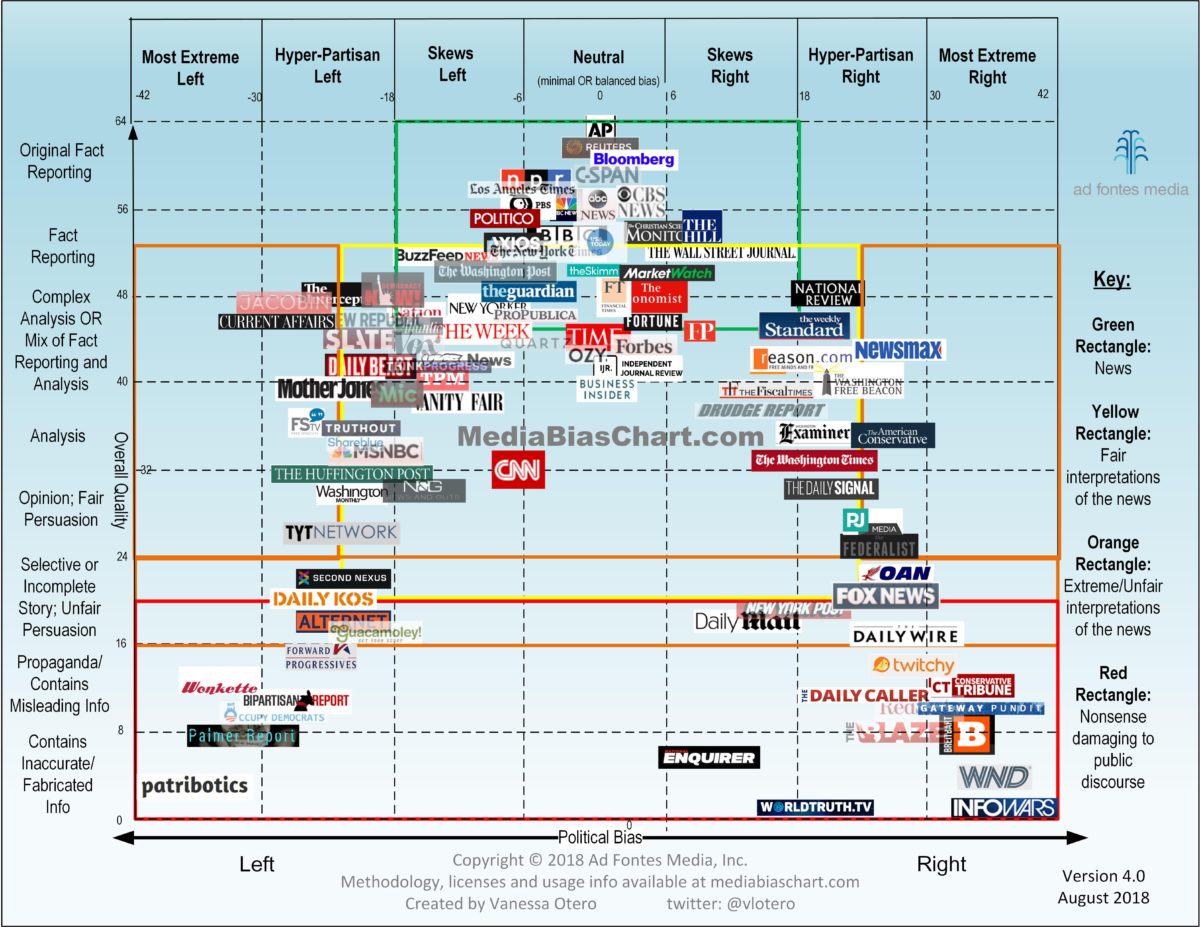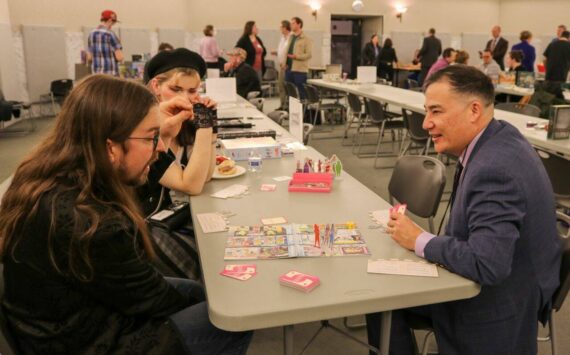Does the news make you crazy? Here are some tips on being a more productive news consumer
By Morf Morford
Tacoma Daily Index
I could not count how many people I know who have stopped watching, reading or listening to the news.
The reasons are many, but generally settle into a couple primary categories: news is biased, incomplete, too sanitized, not relevant or even “fake”.
And then there are those who don’t really believe any of those things, but just find daily news too depressing.
I’m a critic of the news system, but I like to stay informed – but I have to emphasize that I am not interested in celebrity scandals – or fashion lines – or any of the “famous for being famous” cable channel families.
There is a point, especially on the morning talk shows where “news” is more like “noise”.
But being informed, particularly as we approach a pivotal election season, is important – perhaps even more important than ever.
You may sleep better by not listening to the news, but when it comes time to make a decision as a citizen, we all depend on an informed choice from every voter.
Here are some guidelines to help keep you sane – and informed.
Be selective
First of all, there is a virtual flood of information out there. You can’t read or think about everything, so when choosing materials, pick quality over quantity, and try to create a wide – but manageable context.
In other words, weave a delicate, wavering balance between breadth and depth. The more information is available, the less we tend to digest, and people are increasingly tuning out even while they consume, so it makes sense to consume less and more reliable data.
Get out of your bubble
Randomly pick up books and magazines, and strike up conversations with strangers. These encounters with strangers and news sources outside of your predictable focus break your information consumption routines and expose you to unexpected insights.
I am always amazed at what I learn from random and unpredictable fragments of conversation.
Bounce your thoughts and opinions off of others
Most people blandly accept what they hear or see on the news. Find a few people who sift through and consider what they take in.
Listen to them – you are under no obligation to agree – but listen respectfully, you just might learn something. And maybe, just maybe, change your mind on something.
Travel – even if it is just across town
Each one of us has individual experiences, ways of interpreting facts and varying tolerances for challenges and difficulties.
No group or race or neighborhood is a monolith. Each member of a certain race, religion or political party has their own understanding and may not always agree with your view of what they stand for.
Not everyone in your circle of friends, or your family, or your neighborhood, believes in or values the same things.
And they shouldn’t.
Sometimes when I talk to someone from another part of town or outside my usual region, I listen carefully and with respect and find myself understanding how they could come to such a position – even though ten minutes later I still find their opinion ridiculous.
Don’t take the news so seriously – or personally
Know anyone who gets themselves so obsessed with an issue or candidate that they can’t think or talk about anything else?
Every issue has its shelf-life. We just get tired of hearing about it.
One time a friend of mine came over, and on his way he had been listening to one of the toxic talk shows on the radio. As he came in, he said that listening to it made him angry. “That’s the intention,” I calmly replied.
If news media makes you angry, they aren’t informing you, they are manipulating you.
Find news sources you can trust
Finding a news source you can trust can be a challenge.
Most people don’t even try, they just find a news source they agree with. This is terrible. You will never learn anything if you only listen to those you already agree with. And, if that is the reason you listen to them, you will not be inclined to disagree when you know something isn’t right.
Just because you “agree’ with something does not mean it is “right” or that you’ll agree with it a month or year from now.
Good research – and journalism – will make you think, maybe even question, what you already knew or had not considered before.
Bias has nothing to do with competence.
Always do your best to maintain the distinction between fact and opinion.
A fact is something that can be documented – and should be essentially true a month or year or decade from now.
Opinions can shift moment by moment.
Stick to facts as much as possible.
Don’t be afraid of new information.
Changing your mind in light of new or more complete information is not a sign of weakness. But refusing to change your mind is.
To scope out the biases of any network, I suggest starting here – https://mediabiasfactcheck.com/.
Don’t forget that news organizations are businesses. They make money by appealing to viewers or listeners – and advertisers.
They too struggle with the pressure of deciding which stories to cover and which to ignore.
They are not likely to focus on difficult or challenging issues.
Kick the media out
Sometimes you just need to remind yourself of what really matters.
Take a social media break, or leave your phone at home.
Take a walk in a park, look at some water, play with some kids in your life. Spend some time in silence, or face to face conversation with an actual human.
Make a deliberate decision to catch a sunset.
You don’t need Twitter of Facebook – and they certainly don’t need you. Consider a “tech-sabbath” – a day or weekend free of tech beeps and chirps.
Trust me, you’ll sleep a lot better.









